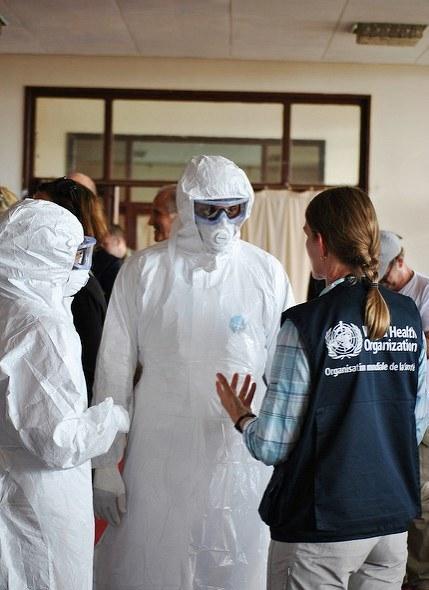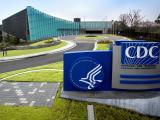The World Health Assembly (WHA) yesterday approved the World Health Organization (WHO) plan to establish a Health Emergencies Program, part of its reforms stemming from the world's slow response to West Africa's Ebola outbreak and signifying one of the biggest changes in the agency's history.
In a statement yesterday, the WHO said the program adds operational capacities for both outbreaks and humanitarian emergencies alongside its traditional roles of providing technical support and guidance. It noted that the program is designed to provide rapid, predictable, and comprehensive support for countries and communities as they prepare for, face, and recover from health emergencies—disease outbreaks, natural disasters, man-made disasters, and conflicts.
WHA delegates also agreed to a budget of $494 million to fund the program for 2016 and 2017, reflecting an increase of $160 million to the WHO's current budget for emergency work.
The group also encouraged the WHO to continue working with the United Nations Office for the Coordination of Humanitarian Affairs to align management of outbreaks and other biological emergencies with the Inter-Agency Standing Committee. The WHA also asked the WHO's director-general to report back on progress with establishing and starting the health emergencies program at next year's WHA.
Reforms in the wake of Ebola response
The WHO first unveiled the plan at its executive board meeting in January, after its own review and that of other experts found that the Ebola outbreak was made worse by the initial slow response of the WHO and other groups. At the same time, there were calls for the WHO to take on a bigger role as lead responder to major global health crises.
As part of WHO reforms, the WHO proposed expanding its emergency management mandate, especially tying in an operational role, reforming its crisis-management mechanisms, expanding its capacities and partnerships, securing adequate funding, and integrating performance management and accountability systems.
Merging emergency response systems for outbreaks and humanitarian events would maximize efficiency and effectiveness to better position it as the leader the world expects, the WHO has said. The WHO proposal also calls for beefing up the global health workforce and expanding partnerships in surge settings. The agency also called for adequate, sustained, and dedicated funding for its emergency response operations, to include a $100 million contingency fund to rapidly scale up emergency operations when needed.
Plan details and timeline
According to the background document the WHA considered, the WHO has developed a framework for the program, which will be headed by an executive director, though the director-general holds ultimate responsibility for the WHO's emergency work. Representatives from the WHO's regional offices have key responsibilities for implementing the program's activities.
The WHO, for example, has already developed standardized processes for risk assessments, event grading, and incident management, as well as for a range of logistics tasks. To speed risk assessment, the executive director will trigger within 72 hours an on-the-ground assessment when notified of a high-threat pathogen, such as human-to-human transmission of novel flu or clusters of unexplained deaths in low-resource settings.
On Mar 29, WHO Director-General Margaret Chan, MD, MPH, appointed an eight-member expert committee to oversee and monitor the Health Emergencies Program, and the experts met for the first time on May 5.
Timetable goals call for establishing the new program structure across headquarters, the six regional offices, and the first set of priority countries by Jul 1, with the transition completed by Oct 1. By the end of the year, the WHO plans to have new teams for emergency information and risk assessment in place in Geneva and at its regional offices.
To fund the program, the WHO said that, as of Apr 22, it has received $140 million of the $494 million it needs to support the center this year and next, and so far it has received $26.9 million in funding and pledges for its $100 million contingency fund. The WHO will hold a donor meeting in June.
See also:
May 25 WHO statement
Jan 12 CIDRAP News story "WHO board eyes emergency response reforms in light of Ebola"





















